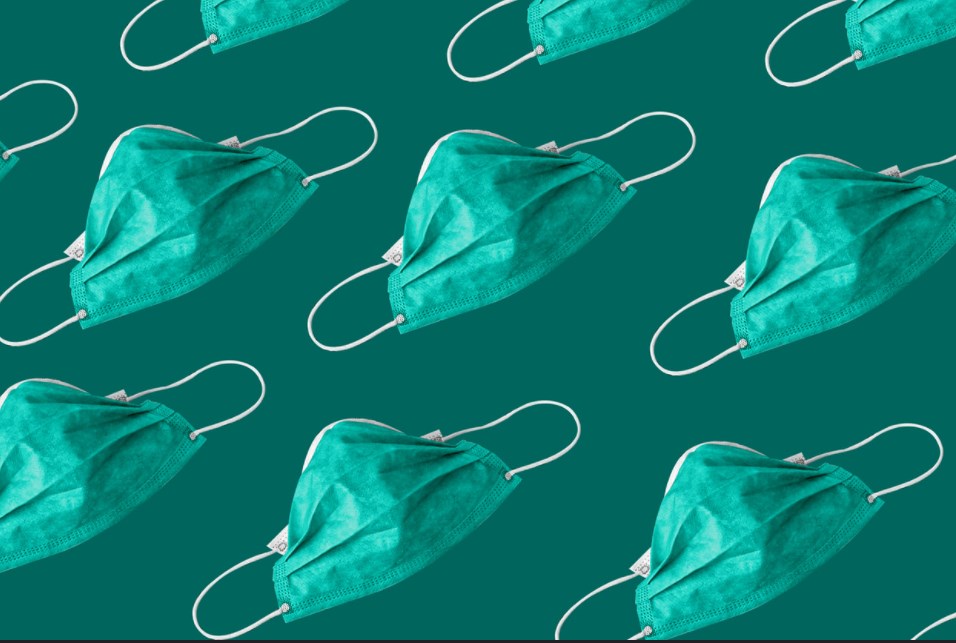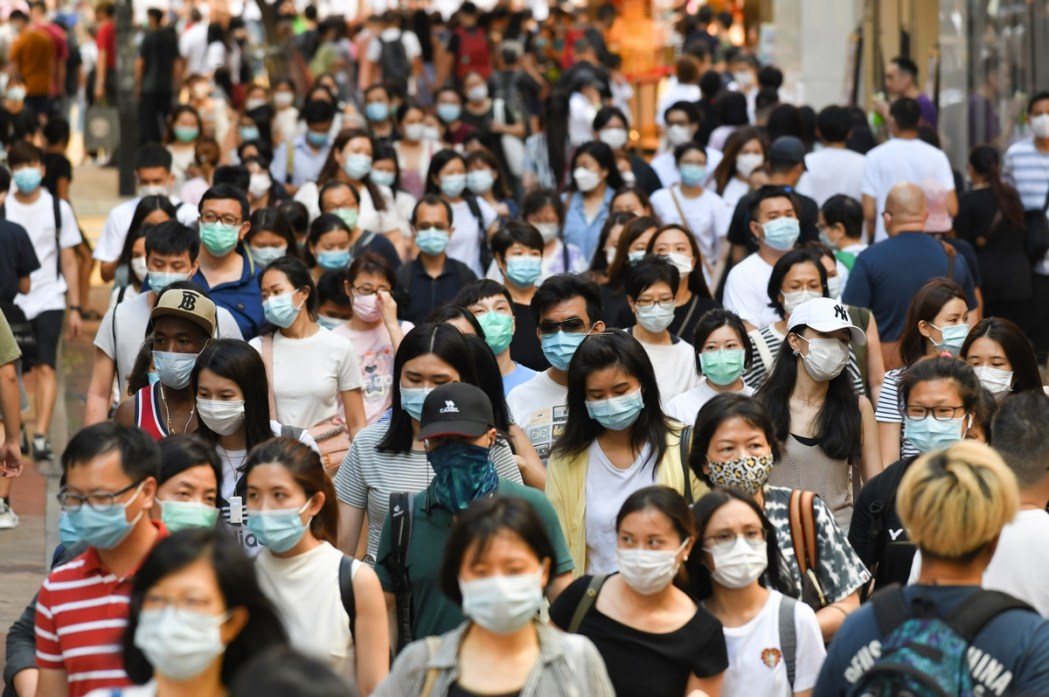This is a question that keeps cropping up in Hong Kong, which is currently one of the last places in the world where universal mask wearing in all public settings is compulsory.
Universal masking has been one of the most recognisable features of public life in Hong Kong in the last three years. Most other local Covid control measures have been dropped, which makes the mask mandate stand out even more. So, it is natural to wonder: how much longer do we need to wear our masks?

This seemingly simple question is actually asking two different things:
a) Are masks helping Hong Kong’s public health at this stage of the pandemic?
b) Do masks need to be mandatory?
People debating this issue often conflate these two questions, but this is not appropriate. For example, proper mask wearing can be useful (even essential) in certain situations, but that does not automatically make mask mandates necessary.
The Hong Kong public’s first response to the Covid-19 first wave in 2020 was to put on masks. Levels of mask usage were very high even before it became mandatory. Levels of both Covid-19 and other respiratory viruses dropped to very low levels over the next two years, although it is extremely difficult to separate the exact contribution of universal masking from myriad public health interventions such as social distancing, school closures, border controls, isolation/ quarantine measures etc.
We had a winning formula and responsible masking was part of it. Laboratory studies in Hong Kong provided fresh mechanistic insights to support the hypothesis that masks work, to a certain extent, in curtailing transmission of Covid-19 and other respiratory viruses.

But, Omicron brutally exposed the weakness of masks. Hong Kong has had wave after wave of Covid-19 in 2022, despite high levels of masking. This was accompanied by healthcare collapse and one of the highest death rates globally. Why was this the case? One of the simple reasons is that we can’t mask all of the time: masks had to come off at home, in restaurants, and in work pantries. Even when people wear surgical masks diligently, fit around the mask isn’t perfect and contaminated air may seep through. And so, despite face coverings, much of the population has now been infected with Covid-19. But, this immunity itself offers short-term but robust protection against Covid-19.
Adherence is a major roadblock to evaluating masks in the real world: two randomised controlled trials on mask usage to reduce Covid incidence in Denmark and Bangladesh were plagued with low adherence to the mask intervention. Consequently, the measured benefits of masking in these trials were very modest at best. A recent Cochrane meta-analysis had a similar conclusion, but has itself been criticised for including mainly older pre-Covid studies.
So even though masks are widely perceived as effective in Hong Kong, getting to the truth of the matter is very complicated. All in all, it appears that masks alone aren’t going to entirely prevent surges of illness due to respiratory viruses, although it is possible that they might attenuate sizes of these outbreaks.
But, if you tell me I have to go into a hospital ward cubicle housing respiratory virus-infected patients, I would wear a mask without question. And that is the nub of the issue, something that doesn’t work all that well on a population level can still be very valuable for particular people (e.g. elderly, healthcare workers, immunocompromised folks) in particular settings (e.g. hospital wards, outpatient clinics, elderly homes).

Based on the above, should masks be mandatory everywhere in Hong Kong? For COVID-19, my answer is no. Masks offer low returns on top of the high levels of hybrid immunity against Covid-19 currently prevalent in the city. For other respiratory viruses, universal mask mandates are unsustainable as a permanent solution. As we head into spring, the warming weather offers an additional bulwark against respiratory virus transmission. Furthermore, there is an innate cognitive dissonance in the Hong Kong mask mandate: people take off masks in high risk settings, like restaurants, but have to wear them outdoors where the chance of catching a respiratory virus is negligible.
So, is it reasonable to advise continued mask wearing by high-risk individuals in high-risk settings? Yes.
Is it reasonable to make mask wearing optional in most public settings except for healthcare areas? Yes.
Is it reasonable to trust members of the public to take their own decisions on responsible masking, which they have done since the early days of the pandemic? Yes.
Support HKFP | Policies & Ethics | Error/typo? | Contact Us | Newsletter | Transparency & Annual Report | Apps
Help safeguard press freedom & keep HKFP free for all readers by supporting our team
| HKFP is an impartial platform & does not necessarily share the views of opinion writers or advertisers. HKFP presents a diversity of views & regularly invites figures across the political spectrum to write for us. Press freedom is guaranteed under the Basic Law, security law, Bill of Rights and Chinese constitution. Opinion pieces aim to point out errors or defects in the government, law or policies, or aim to suggest ideas or alterations via legal means without an intention of hatred, discontent or hostility against the authorities or other communities. |

More HKFP OPINION:
HKFP has an impartial stance, transparent funding, and balanced coverage guided by an Ethics Code and Corrections Policy.
Support press freedom & help us surpass 1,000 monthly Patrons: 100% independent, governed by an ethics code & not-for-profit.










